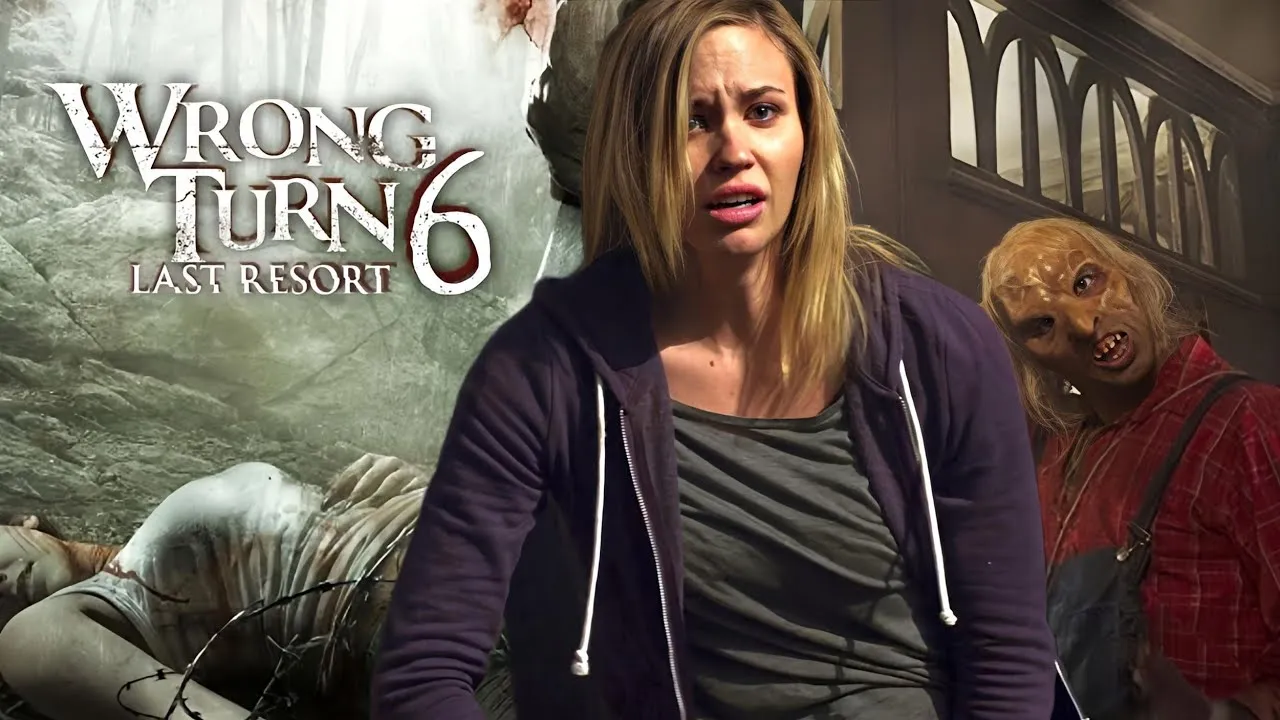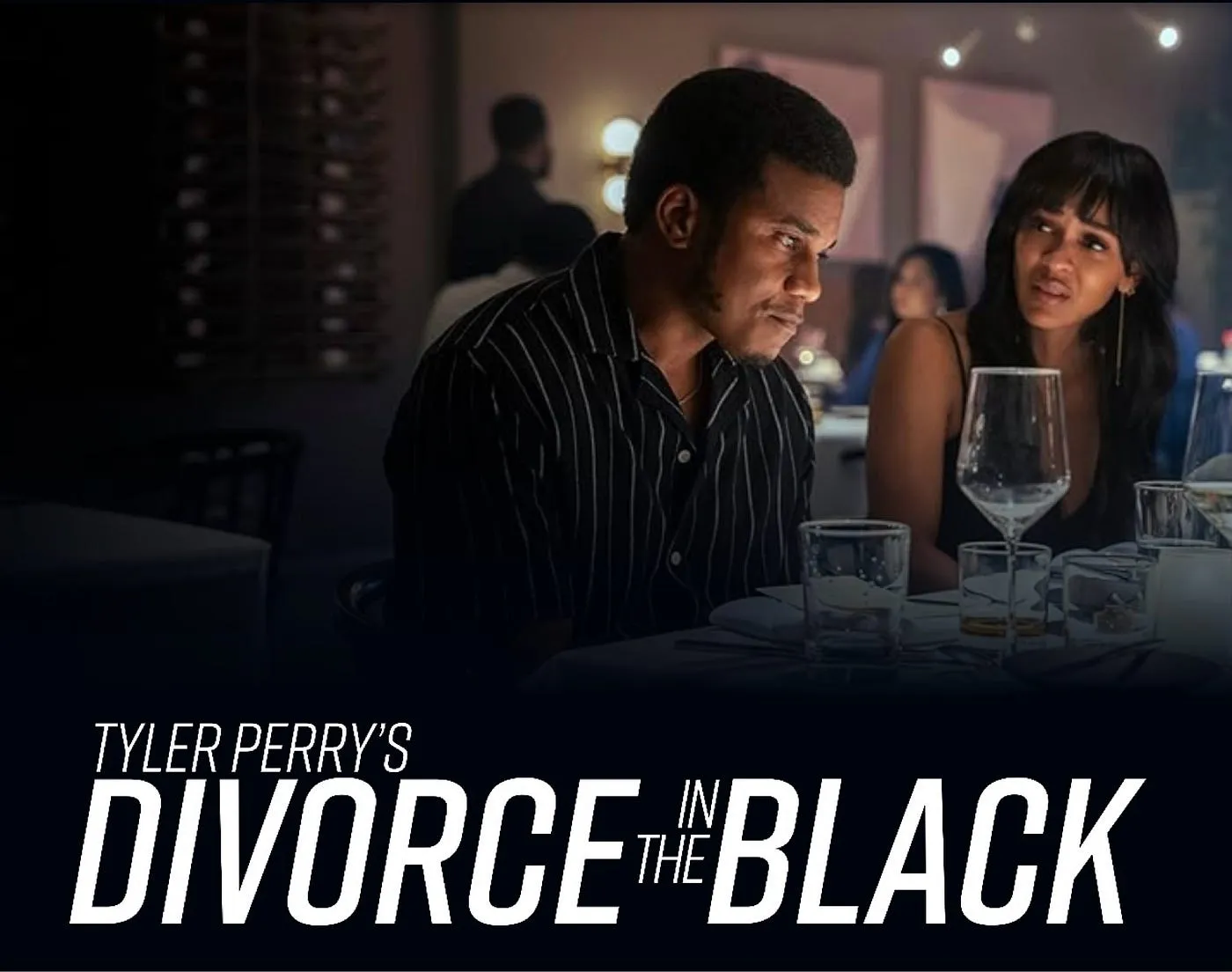They thought it was over. They were wrong. Again
28 Years Later (2025) is the long-awaited third chapter in the apocalyptic “28 Days” saga—a chilling, visceral return to the virus-plagued world where civilization collapsed under the weight of its own wrath. Set nearly three decades after the outbreak that devastated Britain, this new installment plunges us into a darker, more fractured world where the infected aren’t the only monsters left.
The film opens in a Europe that has slowly started to rebuild. Major cities are under strict quarantine zones, and “Green Zones” offer illusions of safety. But when a mysterious breach occurs in a remote outpost off the coast of Scotland—once believed to be virus-free—rumors surface: the Rage virus has mutated. Faster. Smarter. And somehow... it remembers.

At the center of this chaos is Amara, a hardened survivor born after the outbreak, played by Jodie Comer, who leads a small scavenger group into the dead zones to uncover the truth about the virus’s resurgence. When they cross paths with Sergeant Riley (Aaron Taylor-Johnson), a soldier tasked with destroying evidence of a failed bio-experiment, they uncover a horrifying secret: a government-backed lab has been attempting to weaponize the Rage virus.
As the infection spreads once more—this time threatening continental Europe—the race to contain it becomes a race to decide what humanity is willing to sacrifice to survive. With visceral action, heart-wrenching choices, and edge-of-your-seat suspense, 28 Years Later is more than a zombie film. It’s a reckoning.

Directed by Danny Boyle, returning to the franchise with fresh terror and social commentary, the film combines kinetic camera work, haunting soundscapes, and raw emotion to remind us:
the scariest virus is the one we never learn from.
-1750303477-q80.webp)


-1751447019-q80.webp)